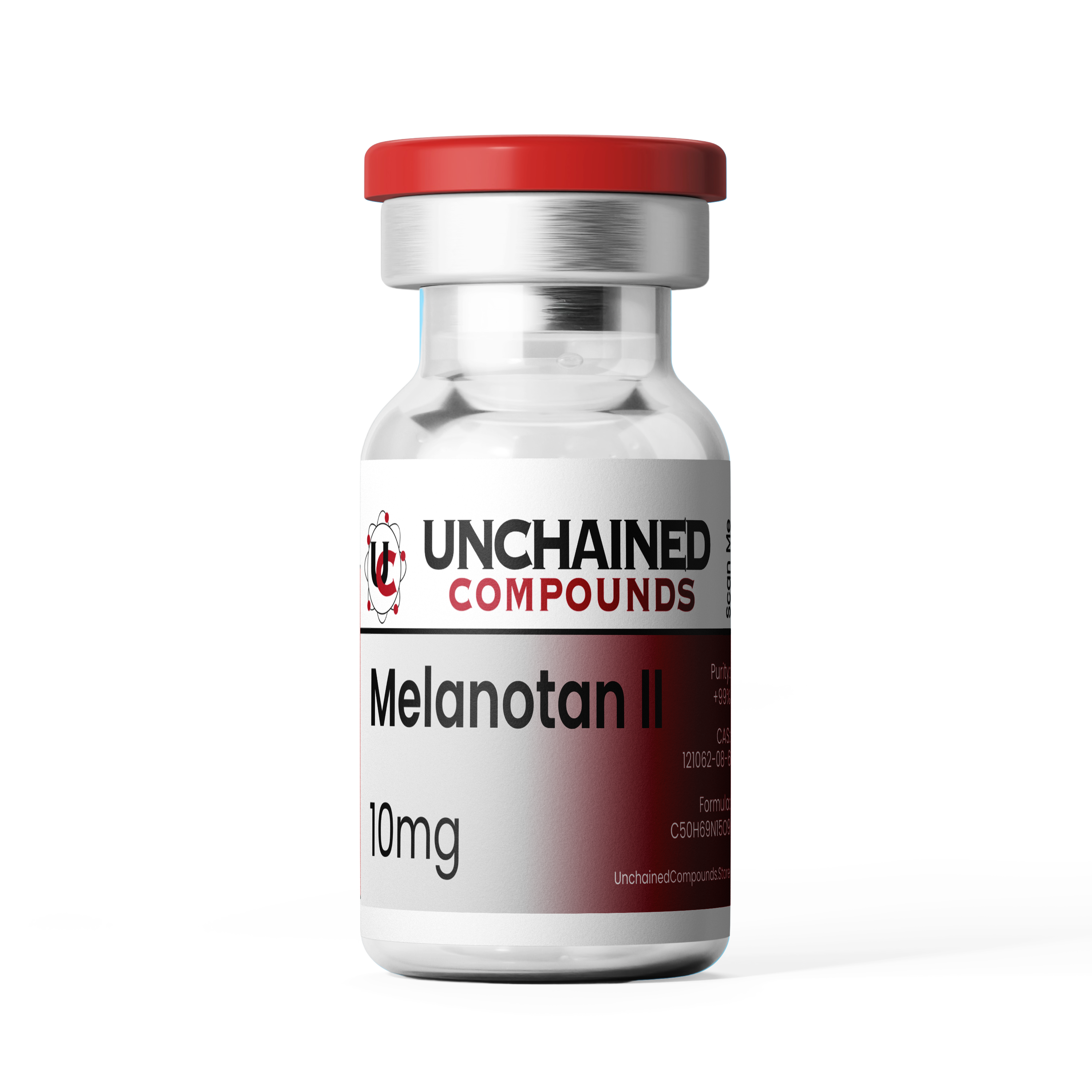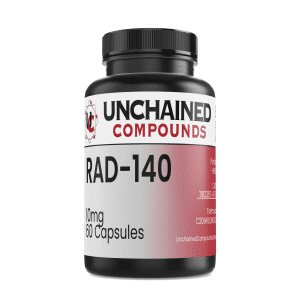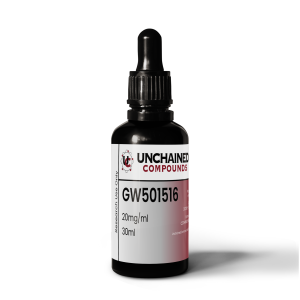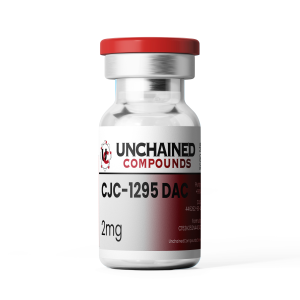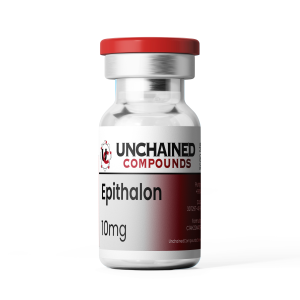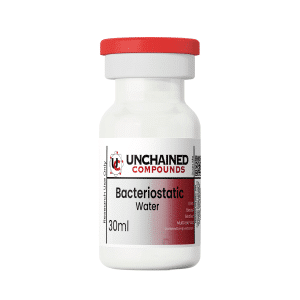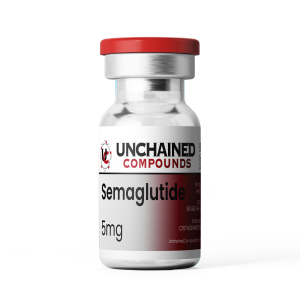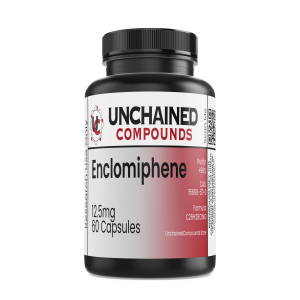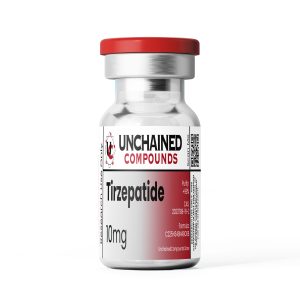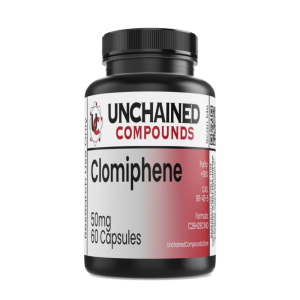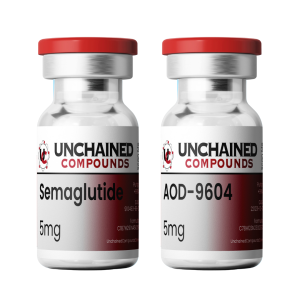Description






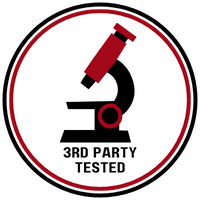
Melanotan 2 (MT-2) is a synthetic hormone that mimics the effects of alpha-melanocyte-stimulating hormone. It was developed in the 1980s and has been shown to have several benefits, including increasing sexual arousal, reducing compulsive/addictive behavior, curbing hunger, and promoting lean body mass. Research has also shown that the hormone stimulates melanocytes, which are responsible for producing skin pigmentation. Additionally, there is some evidence to suggest that Melanotan 2 may help combat autism when used during early childhood development.
Specifications
- Chemical Formula: C50H69N15O9
- Molecular Mass: 1024.180g/mol
- Synonyms: Ac-Nle-cyclo[Asp-His-D-Phe-Arg-Trp-Lys]-NH2, Ac-Nle-c[Asp-His-D-Phe-Arg-Trp-Lys]-NH2, Ac-cyclo[Nle4, Asp5,D-Phe7, Lys10]α-MSH4–10-NH2, N-Acetyl-L-norleucyl-L-α-aspartyl-L-histidyl-D-phenylalanyl-L-arginyl-L-tryptophyl-L-lysinamide (2→7)-lactam, MT-II
- CAS Number: 121062-08-6
- PubChem: 92432
- Total Amount of the Active Ingredient: 10 mg (1 vial)
- Shelf Life: 36 months
Research Studies
Abstract
We review our experience with Melanotan II, a non-selective melanocortin receptor agonist, in human subjects with erectile dysfunction (ED). Melanotan II was administered to 20 men with psychogenic and organic ED using a double-blind placebo-controlled crossover design. Penile rigidity was monitored for 6 h using RigiScan. Level of sexual desire and side effects were reported with a questionnaire.
In the absence of sexual stimulation, Melanotan II led to penile erection in 17 of 20 men. Subjects experienced a mean of 41 min Rigiscan tip rigidity>80%. Increased sexual desire was reported after 13/19 (68%) doses of Melanotan II vs 4/21 (19%) of placebo (P<0.01). Nausea and yawning were frequently reported side effects due to Melanotan II; at a dose of 0.025 mg/kg, 12.9% of subjects had severe nausea. We conclude that Melanotan II is a potent initiator of penile erection in men with erectile dysfunction. Our findings warrant further investigation of melanocortin agonists and antagonists on penile erection.
Abstract
A pilot phase I study was conducted with a cyclic heptapeptide analog of α-melanocyte stimulating hormone (α-MSH). The lactam-bridged molecule, called Melanotan-II (MT-II), has superpotent melanotropic activity in vitro. A single-blind, alternating day (saline or MT-II), placebo-controlled trial was conducted in 3 normal male volunteers at the starting dose of 0.01 mg/kg of MT-II. Subcutaneous injections of MT-II or saline were given daily (Monday–Friday) for 2 consecutive weeks. Two subjects were escalated by 0.005 mg/kg increments to 0.03 mg/kg and one to 0.025 mg/kg. The 0.03 mg/kg dose produced Grade II somnolence and fatigue in one of two subjects (WHO standards). Mild nausea, not requiring antiemetic treatment, was reported at most MT-II dose levels. A stretching and yawning complex appeared to correlate with the onset of spontaneous, penile erections which were intermittently experienced for 1–5 hours after MT-n dosing, depending on the MT-n dose. Two subjects had increased pigmentation in the face, upper body and buttock, as measured by quatitative reflectance and by visual perception 1 week after MT-II dosing ended. These results demonstrate that MT-II has tanning activity in humans given only 5 low doses every other day by subcutaneous injection. The recommended single MT-II dose for future Phase I studies is 0.025 mg/kg/day.
Melanotan-II reverses memory impairment induced by a short-term HF diet
Abstract
A high-fat (HF) diet has been shown to increase the risk of neurological impairments and neurodegenerative disorders. The melanotropins used in this study have been associated with diet-related disorders; however, there is an absence of studies on their effect on diet-induced neurobehavioral conditions. Here, we investigated the possible relationship among diet, Melanotan-II (MT-II) targeting melanotropin receptors, and the behavior of zebrafish (Danio rerio). Surprisingly, even a short-term HF diet lasting for ∼ 1 % of the zebrafish’s life had a strong developmental effect. Zebrafish fed the HF diet showed an impairment in recognition memory, elevated anxiety levels, and reduced exploratory propensity after just three weeks compared to zebrafish fed the control diet. These HF diet-induced abnormalities were reversed by MT-II. Animals fed a HF diet and treated with MT-II demonstrated recognition memory, anxiety, and exploratory behavior similar to the control group. This study provides evidence that even a short-term HF diet has an impact on memory and emotions and is the first study to show that MT-II reverses these changes.
Disclaimer
The information provided above is not intended to substitute medical advice, diagnosis, or treatment. Should you have any questions regarding a medical condition, seek the advice of your physician or a qualified healthcare provider. In no case should medical advice be disregarded or delayed because of what you have read or seen. We bear no responsibility or liability for your use of any of our research compounds and products. Please note that they are being sold for research purposes ONLY. We do NOT condone any personal use.
NOTE: In some cases wherein the assigned top colors are out of stock, a different top color will be used to ensure that your order will not be delayed. Should you need assistance identifying the peptide vial that you received, please send us an email at support@unchainedcompounds.store
ALL ARTICLES AND PRODUCT INFORMATION PROVIDED ON THIS WEBSITE ARE FOR INFORMATIONAL AND EDUCATIONAL PURPOSES ONLY.
The products offered on this website are intended for in-vitro studies only. In-vitro studies (Latin: “in glass”) are performed outside the body. These products are not medicines or drugs and have not been approved by the FDA to prevent, treat, or cure any medical condition, ailment, or disease. Bodily introduction of any kind into humans or animals is strictly forbidden by law.


